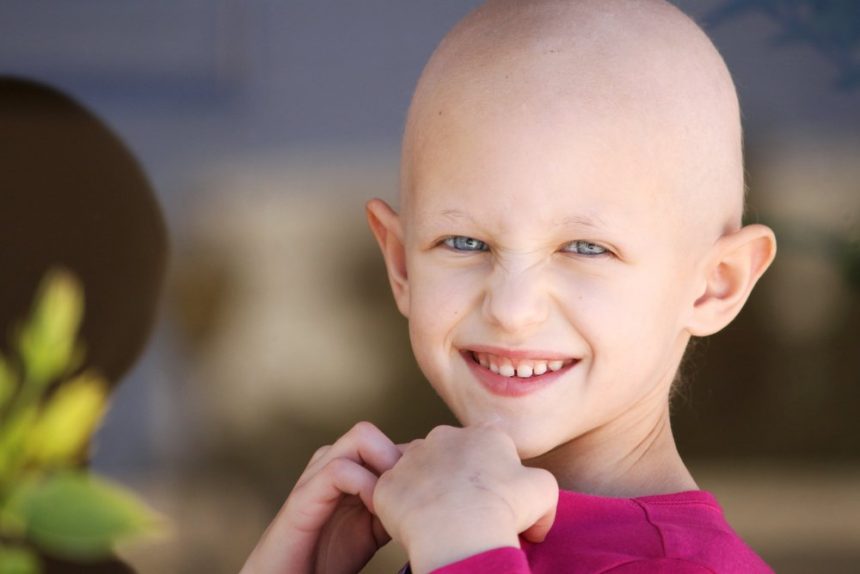This post was originally published on this site
Cellectar Biosciences announced that a second and higher dose of its investigational radiotherapeutic compound, CLR 131, was cleared for use in its ongoing CLOVER-2 study in children with advanced solid cancers, lymphomas, and brain tumors.
The independent committee overseeing the trial recommended moving to a higher dose after the first dose tested was found safe and tolerable in an initial group of children with malignant brain tumors.
“CLR 131 continues to advance through its pediatric Phase 1 dose escalation study and we are encouraged by our pace of progress,” James Caruso, Cellectar’s president and CEO, said in a press release.
“Pediatric patients with primary metastatic or relapsed solid tumors have very poor prognosis even with standard, highly toxic multimodality therapies and salvage regimens. We look forward to exploring the next dose and having additional safety data from this study later this year,” he added.
CLOVER-2 (NCT03478462) is an open-label and drug-escalation Phase 1 trial to evaluate the safety and early effectiveness of increasing doses of CLR 131 in up to 30 children and adolescents with malignant brain tumors, solid tumors, and lymphomas for which there are no standard treatment options.
Eligible patients are 2 to 21 years old, and have an advanced form (treatment-resistant, meaning cancers that return despite treatment) of neuroblastoma, rhabdomyosarcoma, Ewing’s sarcoma, osteosarcoma, and other pediatric cancers. Recruitment is ongoing at select sites in the U.S. and internationally, the company reports; contact information is available here.
CLR 131 is given through a bolus (ball) injection into the vein (intravenous). The first group of patients, children with malignant brain tumors, received a 15 mCi/m2 bolus dose. A second group will now be given a higher, 30 mCi/m2 dose.
The study will progress to additional patient groups, with children receiving higher fractional doses, provided use of the second dose is also determined to be safe and tolerable.
Although the trial’s primary goal is to address CLR 131’s safety, another important objective is to collect early evidence regarding its therapeutic benefit and to identify the recommended dose for a Phase 2 trial.
CLR 131 is a small-molecule phospholipid-drug conjugate (PDC) that uses the selective uptake and retention of specific fats, called phospholipid ethers, by cancer cells to selectively deliver radiation. The compound is radio-labeled with iodine-131. This approach is expected to deliver radiation directly to cancer cells in a targeted way, minimizing radiation exposure and its toxicity to healthy tissue.
Cellectar is also running the CLOVER-1 Phase 2 trial (NCT02952508), evaluating CLR 131’s effectiveness in treating adults with advanced B-cell cancers, including multiple myeloma and certain lymphomas.
The company is also conducting a Phase 1 dose-escalation trial (NCT02278315) in adults with advanced multiple myeloma.
CLR 131 was given orphan drug status by the FDA as a potential treatment of multiple myeloma and rare pediatric cancers (neuroblastoma, rhabdomyosarcoma, Ewing’s sarcoma, and osteosarcoma). It also received a rare pediatric disease designation for the latter indication.
The post Trial of Targeted Radiation Therapy, CLR 131, in Children with Advanced Cancers Moving to Higher Dose appeared first on Immuno-Oncology News.
The post Trial of Targeted Radiation Therapy, CLR 131, in Children with Advanced Cancers Moving to Higher Dose appeared first on BioNewsFeeds.


